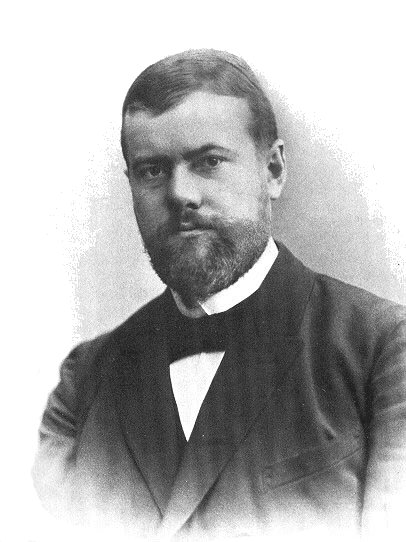 |
| European trade hub mid 17th Century |
Also, the freedom of trade from a large merchant base may have allowed Britain to produce and use emerging scientific and technological developments more effectively than countries with stronger monarchies, in particular China and Russia. 'Britain emerged from the Napoleonic Wars as the only European nation not ravaged by financial plunder and economic collapse, and possessing the only merchant fleet of any useful size (European merchant fleets having been destroyed during the war by the Royal Navy).' (2)
Another theory is that the British advances in the mechanization of their workforce was due to the presence of an entrepreneurial class which believed in technological advancement and hard work. The existence of this class is often linked to the Protestant work ethic (see Max Weber) and the particular status of the Baptists and the dissenting Protestant sects, such as the Quakers and Presbyterians that had flourished with the English Civil War. Reinforcement of confidence in the rule of law, which followed establishment of the prototype of constitutional monarchy in Britain in the Revolution of 1688, and the emergence of a stable financial market there based on the management of the national debt by the Bank of England, contributed to the capacity for, and interest in, private financial investment in industrial ventures.
Radkau, Joachim Max Weber: A Biography 2005. (3)"The affinity between capitalism and Protestantism, the religious origins of the Western world, the force of charisma in religion as well as in politics, the all-embracing process of rationalization and the bureaucratic price of progress, the role of legitimacy and of violence as offsprings of leadership, the 'disenchantment' of the modern world together with the never-ending power of religion, the antagonistic relation between intellectualism and eroticism: all these are key concepts which attest to the enduring fascination of Weber's thinking. "
Max Weber 1894
Here is an interesting video about Max Weber:
Weber's most famous work relates to economic sociology, political sociology, and the sociology of religion. Along with Karl Marx and Émile Durkheim, he is regarded as one of the founders of modern sociology. In his time, however, Weber was viewed primarily as a historian and an economist. The breadth of Weber's topical interests is apparent in the depth of his social theory:
----------------------------------------------------------------
Citations:
1. Wikipedia 2010, Industrial Revolution (2010), U.S., viewed 30th of August, 2010
<http://en.wikipedia.org/wiki/Industrial_Revolution>
2. Wikipedia 2010, Max Webber (2010), U.S., viewed 30th August, 2010 <http://en.wikipedia.org/wiki/Max_Weber>
3.Google Images 2010, U.S., viewed 30th August 2010.
<http://www.images.google.com>

A thermal oxidizer will typically use a forced-draft fan setup instead of an induced-draft fan system, pollution control systems
ReplyDelete